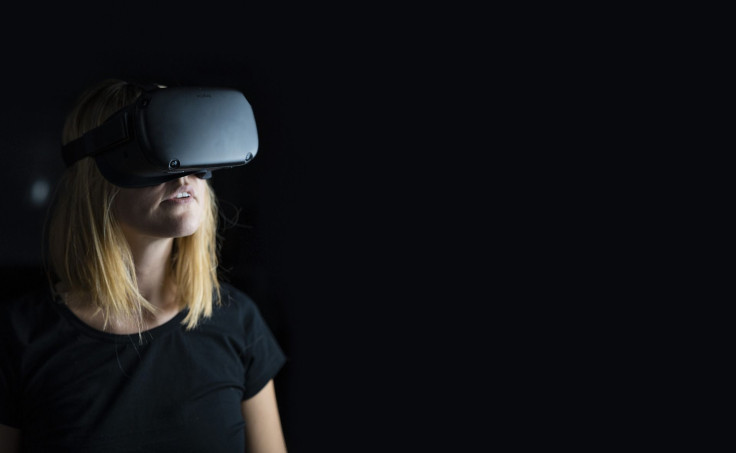Group Virtual Reality Experience Produces Effects Similar To Those Of Psychedelic Drugs: Study
KEY POINTS
- The research team created Isness-D, a VR framework
- This allowed for a VR group experience from different locations
- Isness-D scores on all four scales were statistically indistinguishable from psychedelic drug studies
A recent study has found that virtual reality experience in groups can stimulate effects that are similar to those of psychedelic drugs.
The study, published in the journal Scientific Reports, focused on "self-transcendent" experiences. These experiences are mental states of mind in which lines between the body and the world are blurred, and the experience evokes a sense of oneness with other people or the environment.
"Getting lost while reading a book, or during the writing of a computer code, are everyday examples of a relatively weak self-transcendent experience," David Glowacki, an expert in virtual reality and researcher at Singular Center for Research in Intelligent Technologies at the University of Santiago de Compostela (CiTIUS) in Spain, said, as per a news release.

"However, the profound sense of interdependence with the cosmos that arises from a mystical experience, or 'encounter with God,' represents a considerably more intense form of this type of experience," Glowacki continued.
According to the researchers behind the study, controlled use of psychoactive drugs like psilocybin, which is found in hallucinogenic mushrooms, or LSD, can be used to study the mental health benefits of these "experiences of self-transcendence."
"For example, a study published in 2006 showed that 67% of participants who had these subjective experiences while taking psilocybin as part of a 'psychedelic psychotherapy' program considered the experience to be among the most meaningful of their lives," Glowacki explained.
However, due to the taboo and challenges of controlling the patient's experience, these therapies are not very popular.
Alternative studies that look into non-pharmacological means of eliciting a similar response already exist. Among them, "virtual reality has emerged as a particularly interesting candidate, given its ability to create strong alterations in perceptual phenomenology," Glowacki explained.
For this very purpose, the research team created a VR framework called "Isness-distributed" (Isness-D), which formed intersubjective group spaces that enabled people from different parts of the world to have a collective virtual reality experience. This allowed for a group experience from different locations.
"We continue to improve our technology to safely generate these experiences of self-transcendence from virtual reality and thus contribute to the development of therapeutic alternatives," the researchers noted.
Explaining their process of analyzing results, the researchers said they used "four key scales applied in previous studies with psychedelics to assess the subjective phenomenology of Isness-D." They added that based on what they knew, "this work represents the first attempt to analyze a virtual reality experience using these measurement scales."
"Despite the complexities associated with such a distributed experiment, Isness-D scores on all four scales were statistically indistinguishable from those of recently published psychedelic drug studies," the researchers concluded.
The researchers noted that the results of their study are proof that virtual reality can be designed for people to experience self-transcendent experiences and may be used in the future for the treatment of various pathologies.
© Copyright IBTimes 2024. All rights reserved.





















